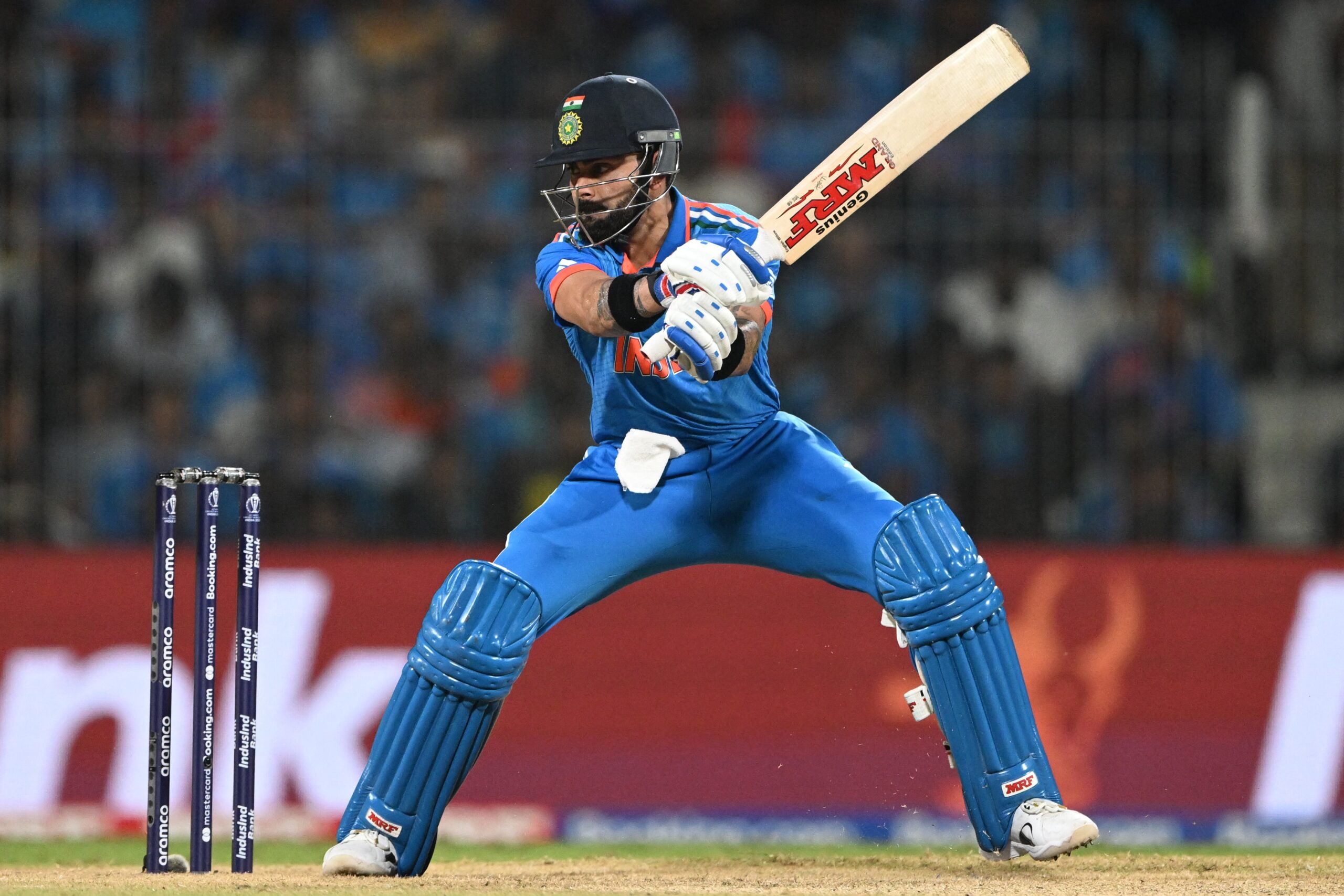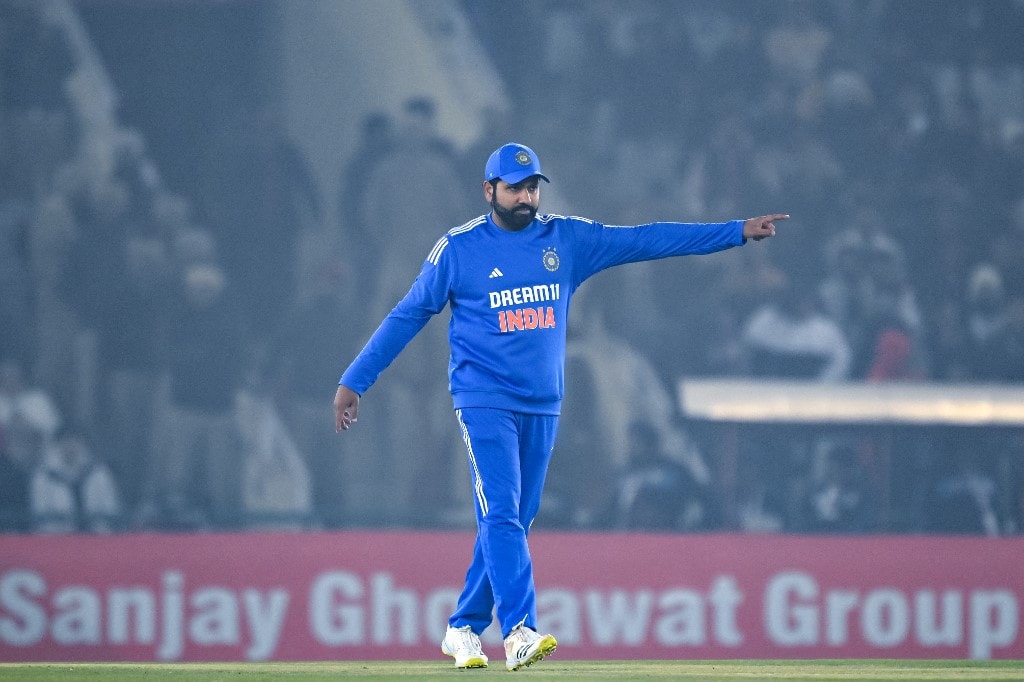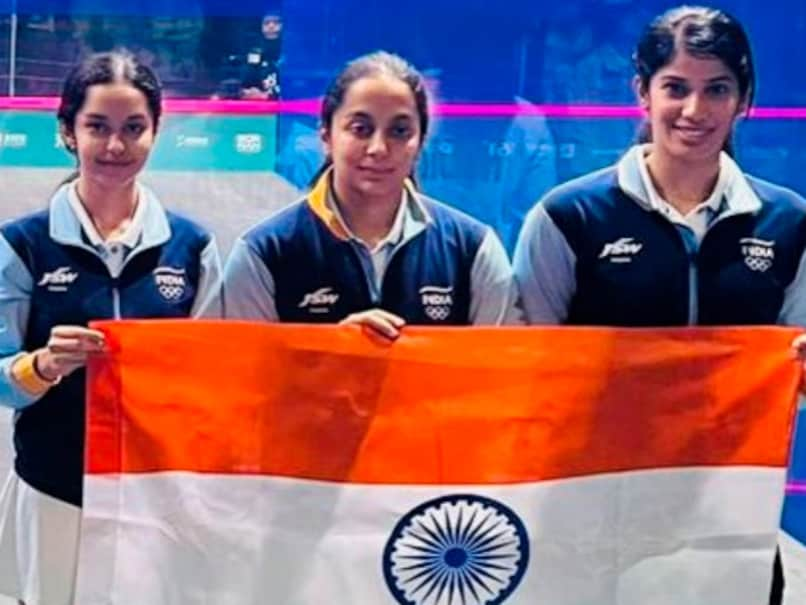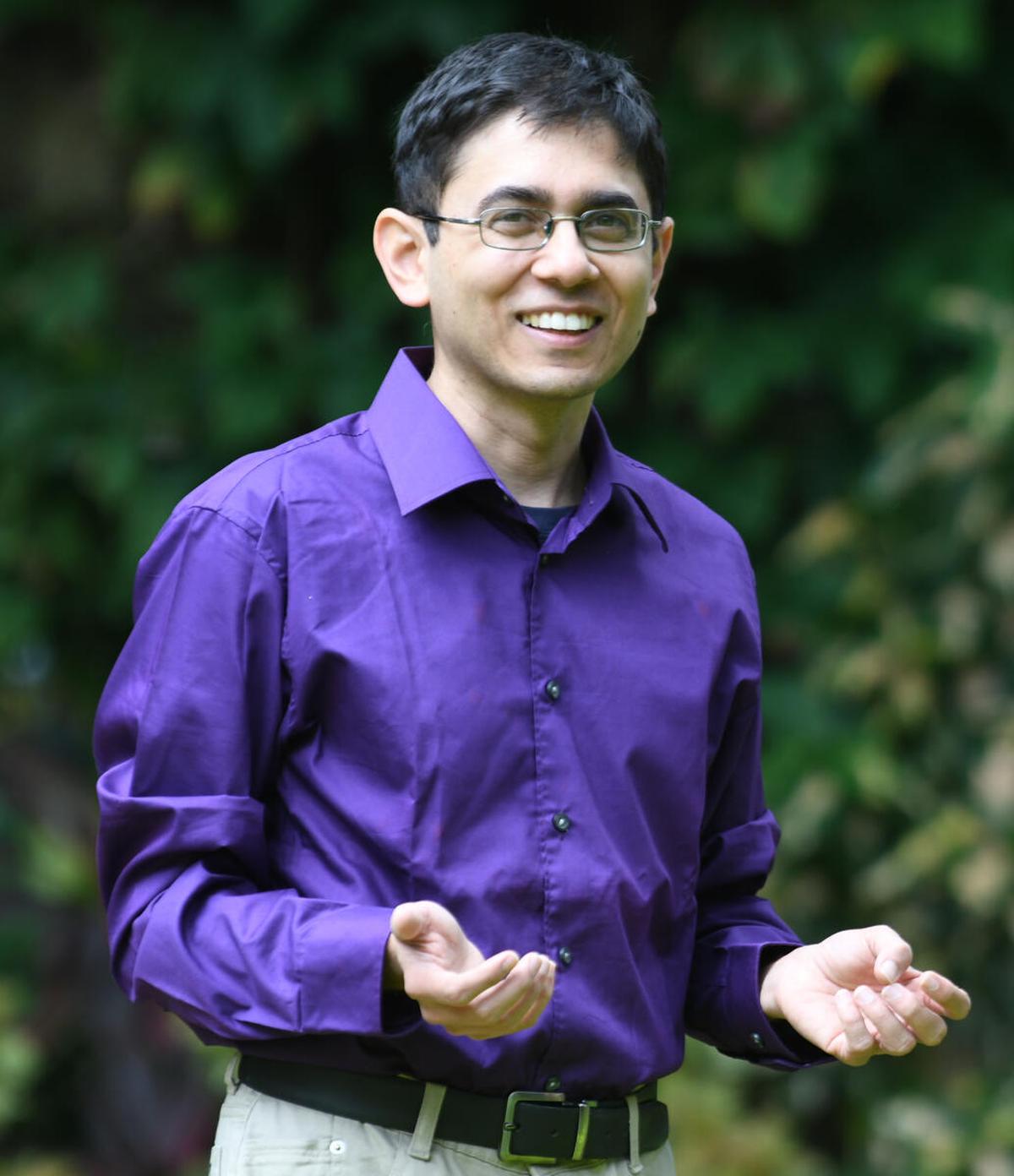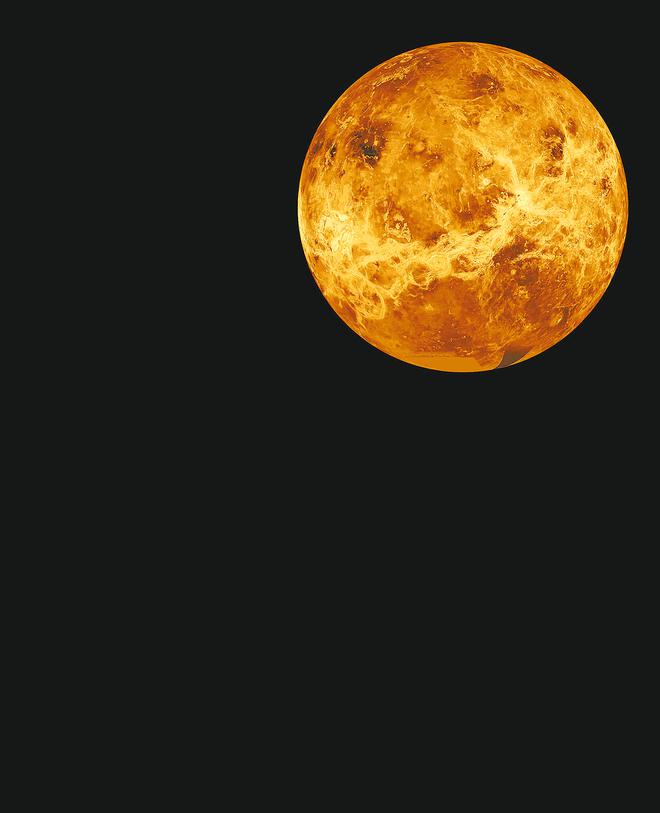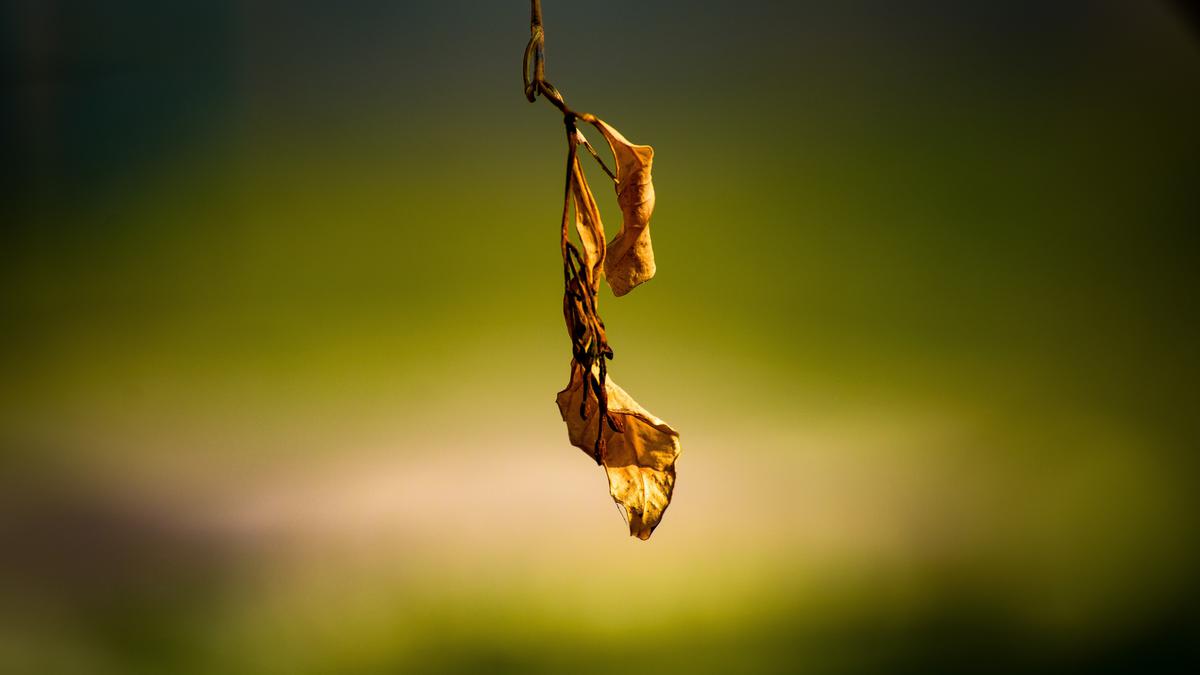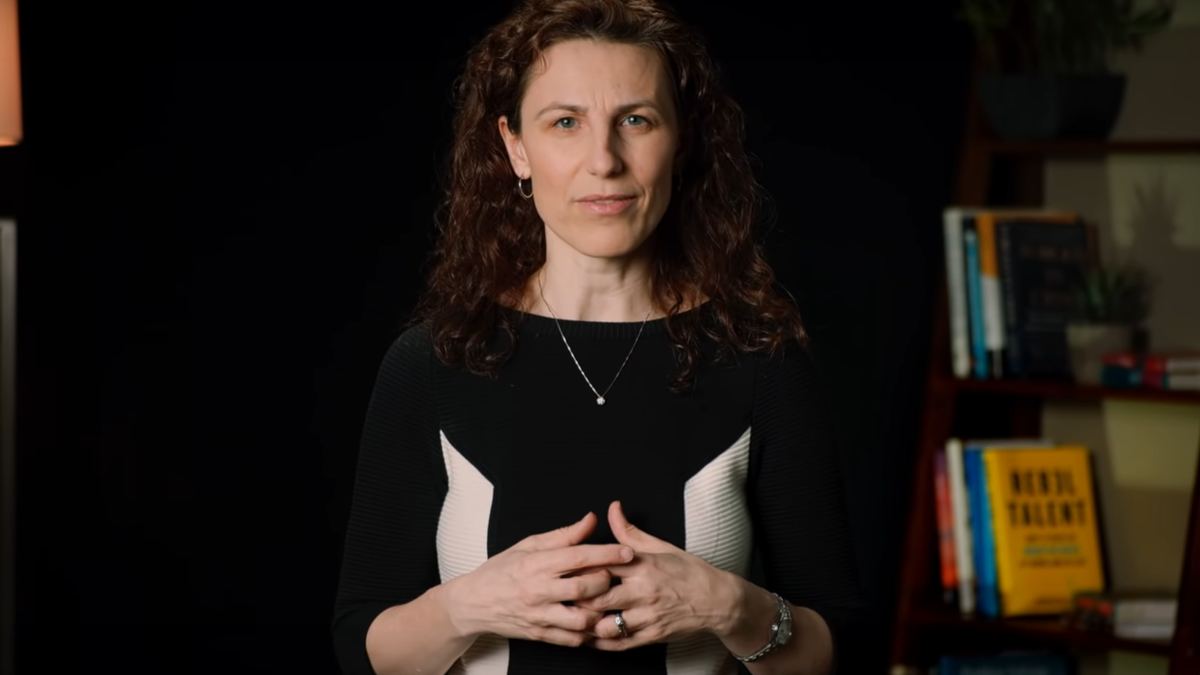An Indian-American scientist, Swati Varshney, is one of the three skydivers who is set to prepare for the first-ever jump from the stratosphere by a woman hoping to break the world record. Image for representation.
| Photo Credit: M.A.SRIRAM/ The Hindu
An Indian-American scientist, Swati Varshney, is one of the three skydivers who is set to prepare for the first-ever jump from the stratosphere by a woman hoping to break the world record.
Rising United, a non-profit organisation, that aims to inspire young women’s participation in STEAM (science, technology, engineering, art and math) has chosen three young women explorers as part of their “Hera rising initiative” who will embark on the journey to jump from the stratosphere at an altitude of 42.5 km above the Earth.
Taking to X (formerly Twitter), the organisation said, “We’re thrilled to introduce Hera Rising – a pioneering campaign for Female Equality and STEAM Education, featuring the FIRST EVER stratospheric jump by a woman!”
Also Read | The scientists in Japan who scared flies to understand fear
The other two finalists preparing to achieve this historic feat are Eliana Rodriquez of Columbian origin and Diana Valerín Jiménez of Costa Rican descent.
The three finalists will go under rigorous training for 18 months and only one of them will make the historic jump while the other two explorers will remain on the team for ground support and educational outreach, Space.com reported.
The stratosphere is Earth’s second layer of atmosphere which reaches a height of around 12 to 50 kilometers (7 to 31 miles) above the Earth’s surface.
The temperature in the stratosphere reaches a minimum of roughly -80°C (-112°F) at the stratopause.
Swati, who has done a PhD in materials science from the Massachusetts Institute of Technology in an interview with Space.com said that her career trajectory has been close to skydiving.
“I just did a tandem skydive as a thing… had an absolute blast. I felt really comfortable in freefall. It became this never-ending journey of another pursuit of knowledge that went alongside my academic career,” she was quoted as saying.
Swati has made over 1,200 jumps with a speciality in vertical freefall.
When it comes to training, we’ll need to do a series of high-altitude jumps, going higher and higher and higher, she said.


